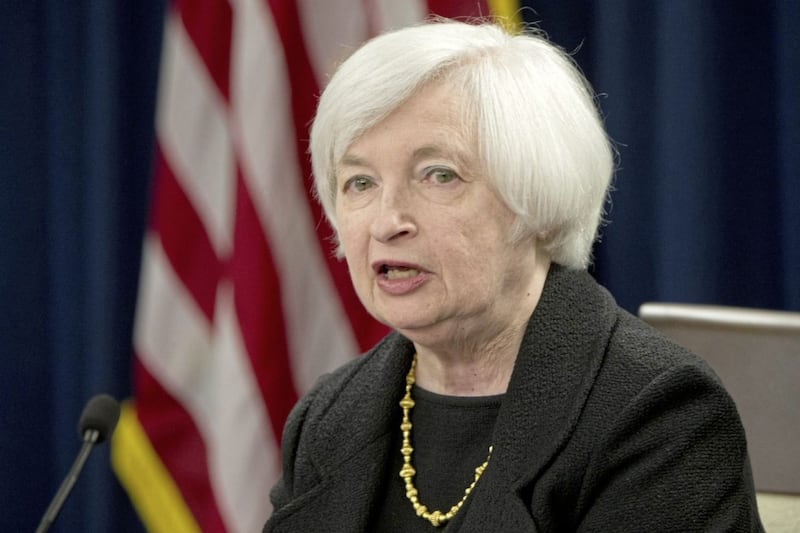FINANCIAL markets have become increasingly risk averse in recent days as the tightening in the US Presidential election race between Hillary Clinton and Donald Trump has started to weigh on investor sentiment.
Equity markets have suffered, with the S&P 500 registering its worst losing streak (falling for eight straight days) since the 2008 financial crisis. The dollar has also come under downward pressure, giving up some ground against the euro, sterling and the yen.
From a market viewpoint, a Clinton victory might not solicit any significant moves (apart from a possible relief rally) on financial markets. However, a Trump victory could provoke a much greater market reaction, given his ‘anti-establishment’ policies and the uncertainty his presidency could create. Currency-wise, historically the US dollar has tended to react more positively to a Democrat in the White House than a Republican.
If Donald Trump was victorious, there would be increased uncertainty. The dollar often strengthens during bouts of uncertainty and risk aversion. However, given that this uncertainty would be US centric, the initial reaction could be a weakening of the dollar.
At the same time, Trump’s policies of increased protectionism and an associated reduction in free trade could lead to higher inflation in the US. This in turn may require tighter US monetary policy, which could result in a stronger dollar.
For bond markets, a Clinton victory is unlikely to provoke any major moves. However, a Trump win and what his presidency could entail (ie increased expansionary fiscal policy and upside risks to US inflation) could see a further upward shift and steepening in the US yield curve.
A Trump victory could also see the recent sell-off in global equity markets becoming more pronounced. Overall, much like the election outcome, the market reaction to whoever becomes the 45th President is far from certain. However, given the recent reaction from markets to the tightening in polls, and the fact that a Trump presidency throws up a whole raft of unknowns, the market’s focus may have to shift from the US Fed to the White House.
Not surprisingly then, the data calendar this week is likely to take a back seat to the political developments. The US schedule is very light in terms of top tier data. Indeed, the Michigan measure of consumer sentiment for November is the only release of note.
In the UK, industrial production data for September will be of interest, to see if it indicates any revisions to quarter three’s stronger than expected preliminary GDP growth of 0.5 per cent. Production is anticipated to edge up only slightly in the month, meaning output could decline by around 0.3 per cent in the quarter, following Q2’s strong 2.1 per cent rise.
In the eurozone, retail sales are anticipated to have edged lower again in September. Despite this, sales are still likely to have grown at a slightly faster pace (though still modest in absolute terms) in the third quarter (0.4 per cent vs 0.2 per cent).
At a national level, industrial production data from the currency bloc’s three largest economies - Germany, France and Italy - will be looked to ahead of the following week’s eurozone aggregate figures.







